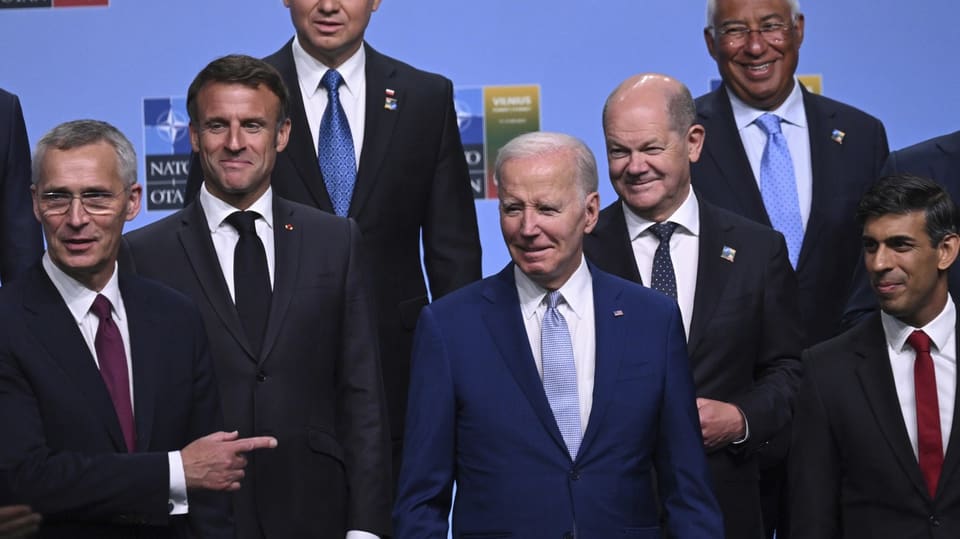Contents
At the NATO summit in Vilnius, the Western heads of state and government gave a picture of strength. But other groups of countries are massively increasing their influence.
Russia’s attack on Ukraine triggered a lot. Also for the way international relations work. “The invasion caused Western countries to close ranks,” says Christophe Ventura of the French Institute for International and Strategic Relations Iris.
From the perspective of emerging and developing countries, Moscow’s attack is also contrary to international law. “Nevertheless, most refuse to join the Western sanctions.” The West is no longer able to convey its point of view to other countries and to impose its will: “The power monopoly is gone.”
“Irreversible Power Shift”
Didier Billion, deputy director of the Iris, speaks of a “de-Westernization of the world. This term is currently spreading rapidly in the foreign policy debate.” What is meant is that Western countries, led by the superpower USA, are no longer controlling the development of the world. There are alternatives: other emerging or already extremely powerful countries like China.
Legend:
When the 31 heads of state and government of the NATO member countries met for the summit in the Lithuanian capital Vilnius this week, they wanted to mark strength. Because the struggle for spheres of influence is in full swing.
Keystone/AP/Andrew Caballero-Reynolds
Joan Deas, head of the French think tank Iremmo, sees “a power shift that is probably irreversible. The five Brics countries China, India, Russia, Brazil and South Africa already together weigh more in purchasing power adjusted gross domestic product than the traditional G7 group of western economic powers.” Added to this: “Many governments in the South firmly reject the supremacy of the West.”
According to Deas, dozens of their heads of state and government are also fighting the concept of the liberal constitutional state or human rights: “And above all, many are frustrated – because of the earlier Western colonial rule. And to this day they still feel marginalized and aspire to more recognition.”
Anti-Western coming together
Many countries in the South therefore agree on the goal of pushing back Western influence. Beyond that, however, unity is limited. “There are no ideas for a new world order in the South,” says Christophe Ventura.
Defying Western power does not mean rejecting the Western way of life.
While China, the undisputed leader of the anti-Western convergence, relies on authoritarianism, Brazil and Indonesia are democracies, although some, not least India, are increasingly showing authoritarian traits. And while China and Russia have military might and enormous influence on the world stage as veto countries at the UN, most of the others are more on the fringes.
In addition: “To defy Western power does not mean rejecting the Western lifestyle,” notes Ventura. “Not only the elite, but also the middle class – from China to Russia to Nigeria – appreciates and cultivates a western lifestyle just like the people in Paris or London.”
Nevertheless, especially now that the most powerful military alliance in the world met for its summit in Vilnius, it is becoming obvious: The rest of the world is challenging the West. He can no longer set the tone geopolitically, as he was used to for a very long time. The world hierarchy is being shaken up, fast and violent.
